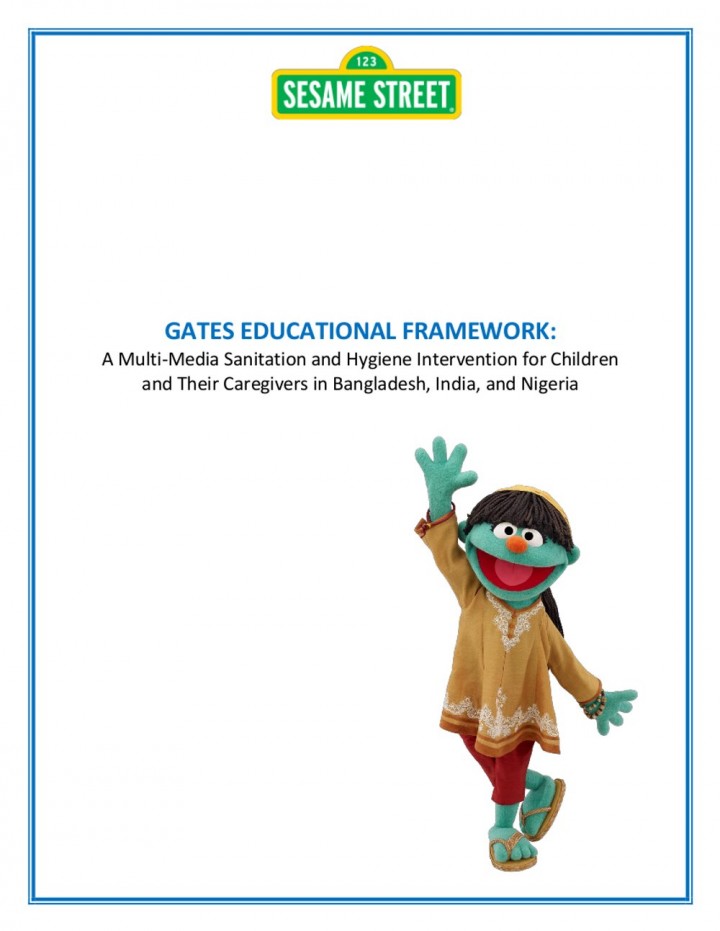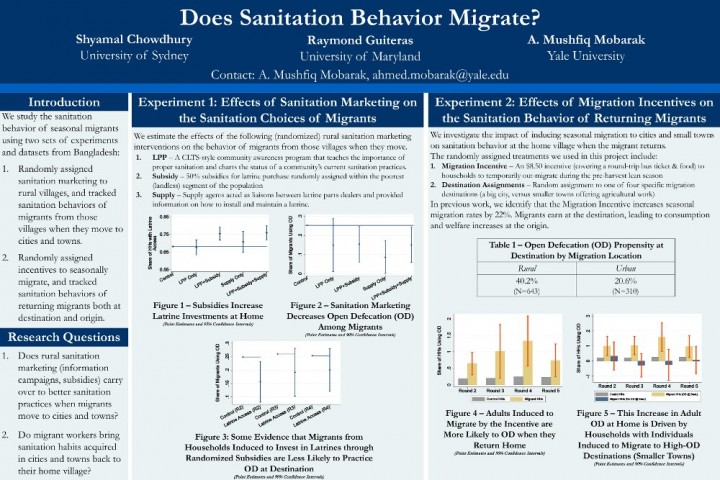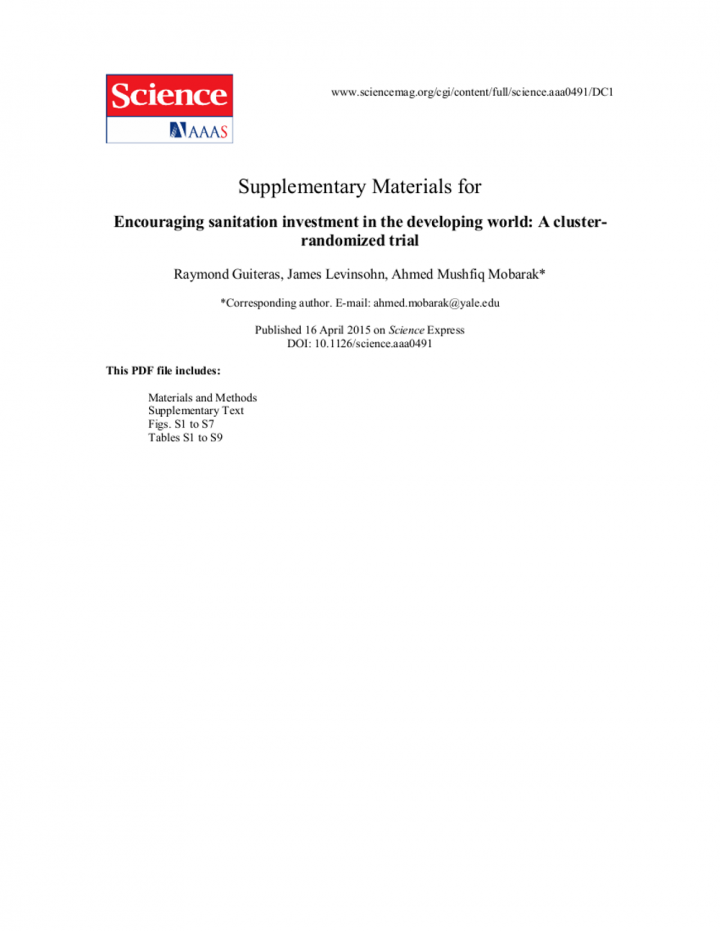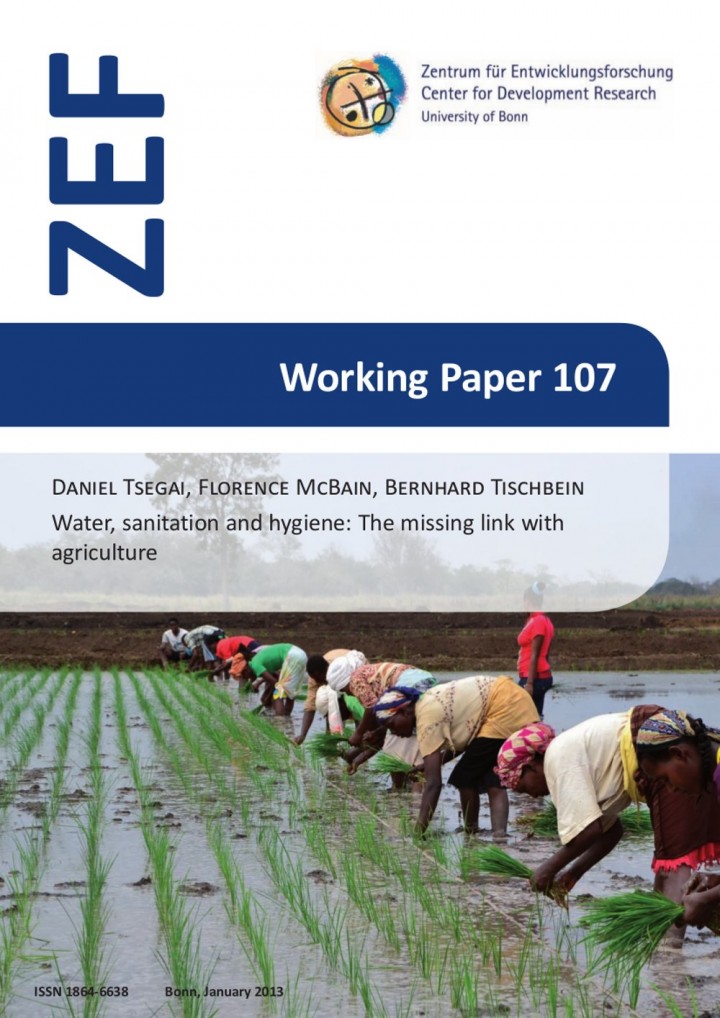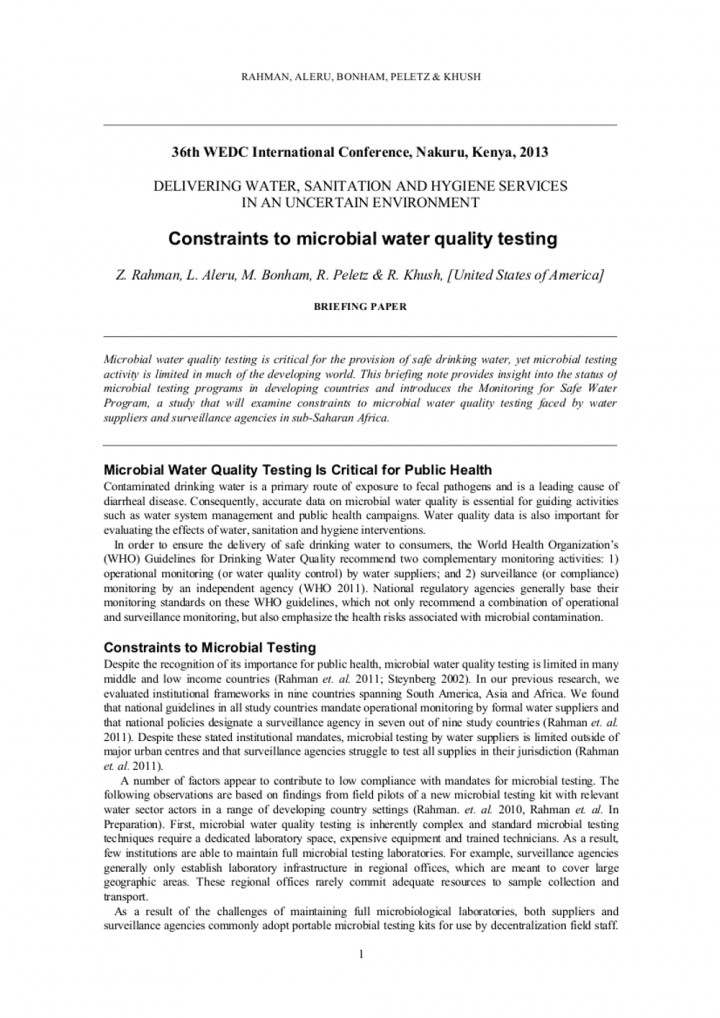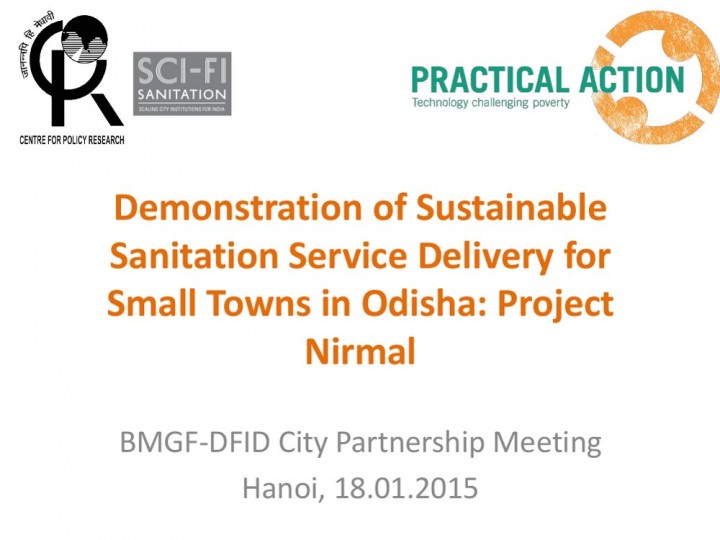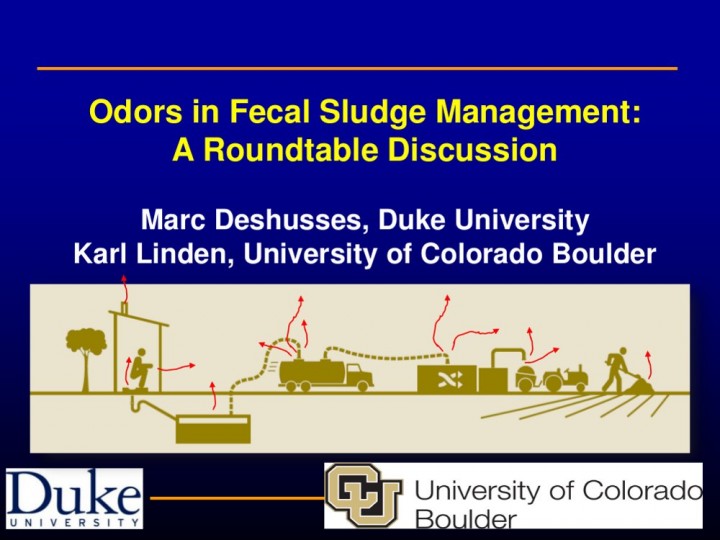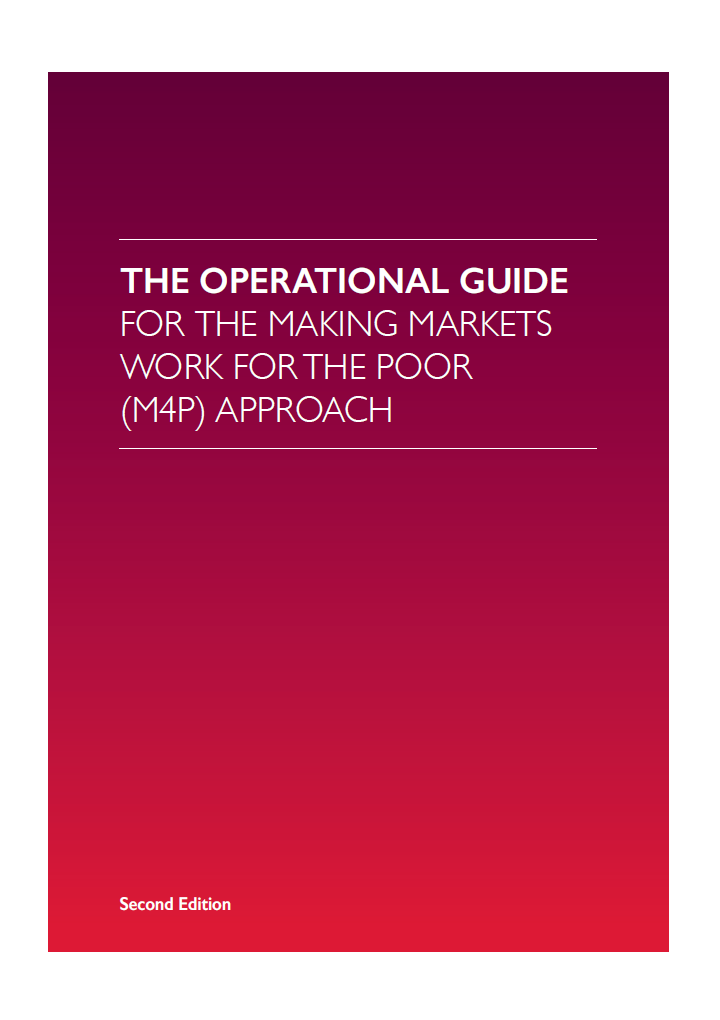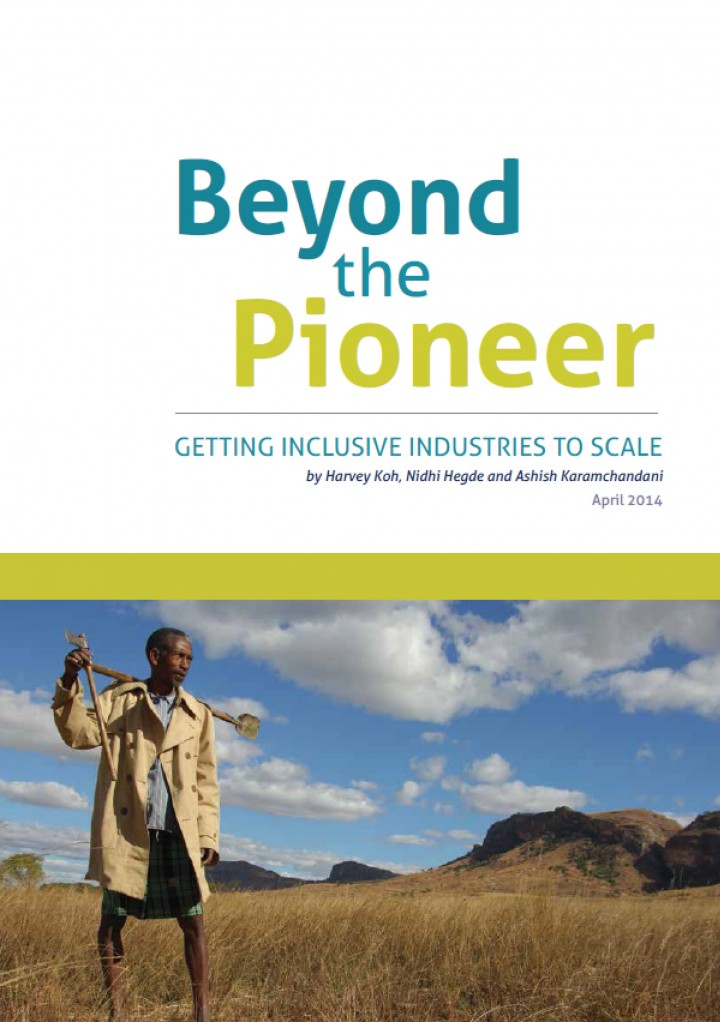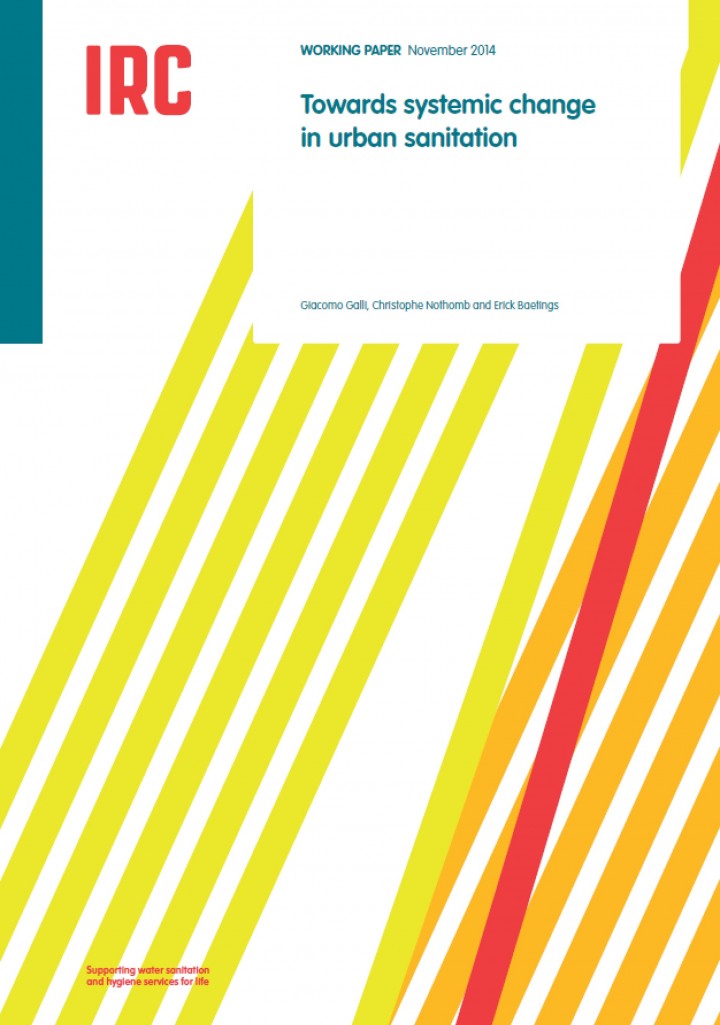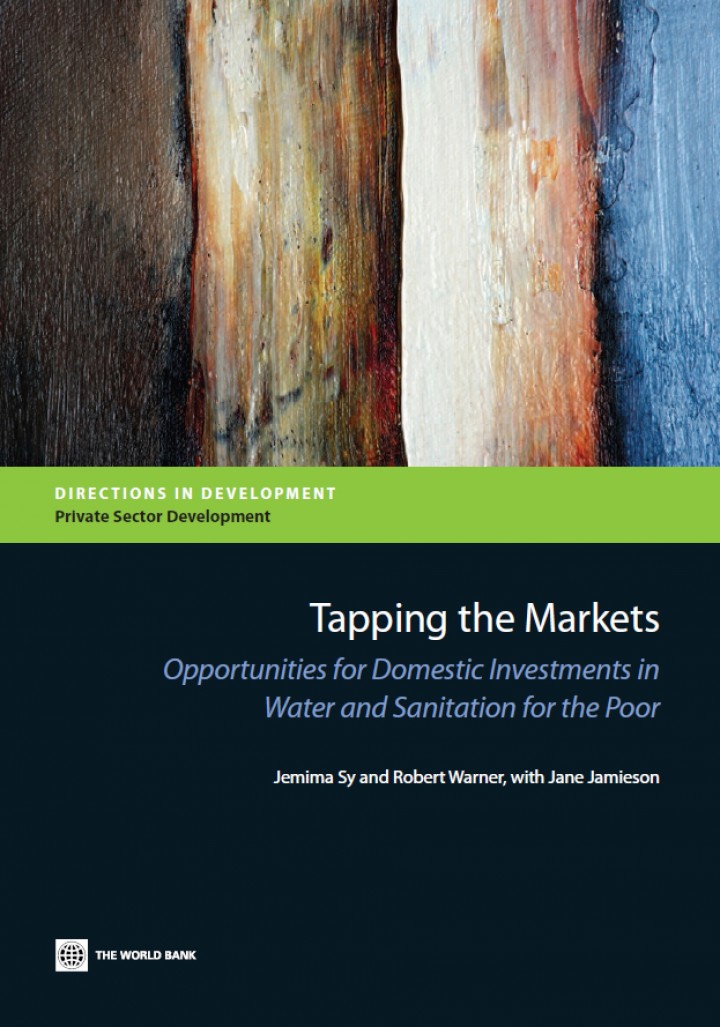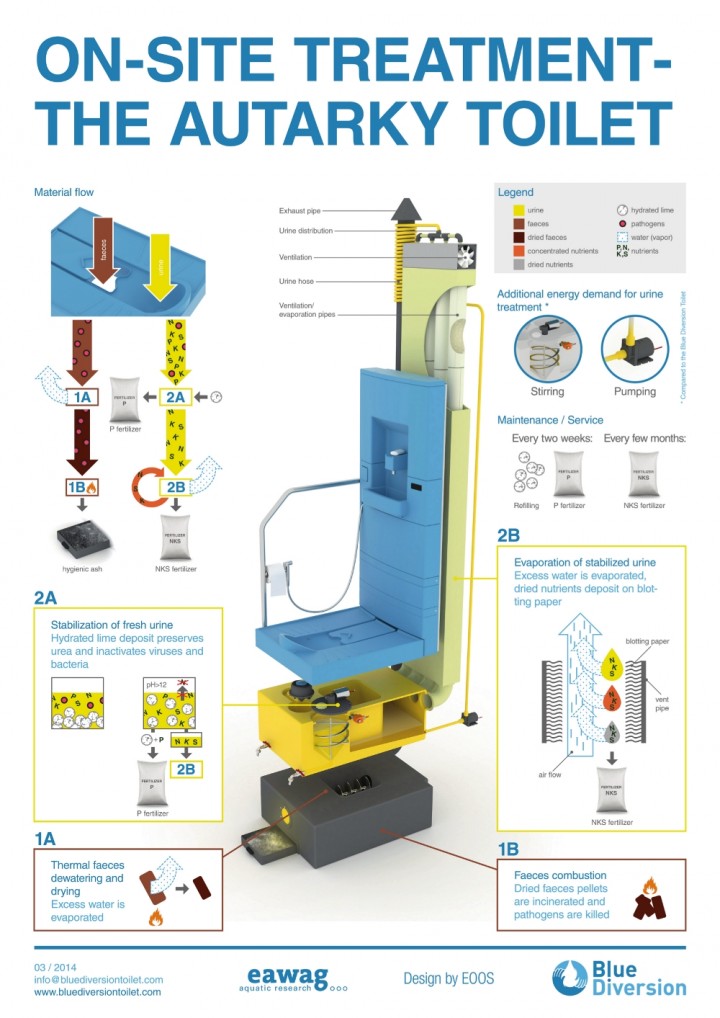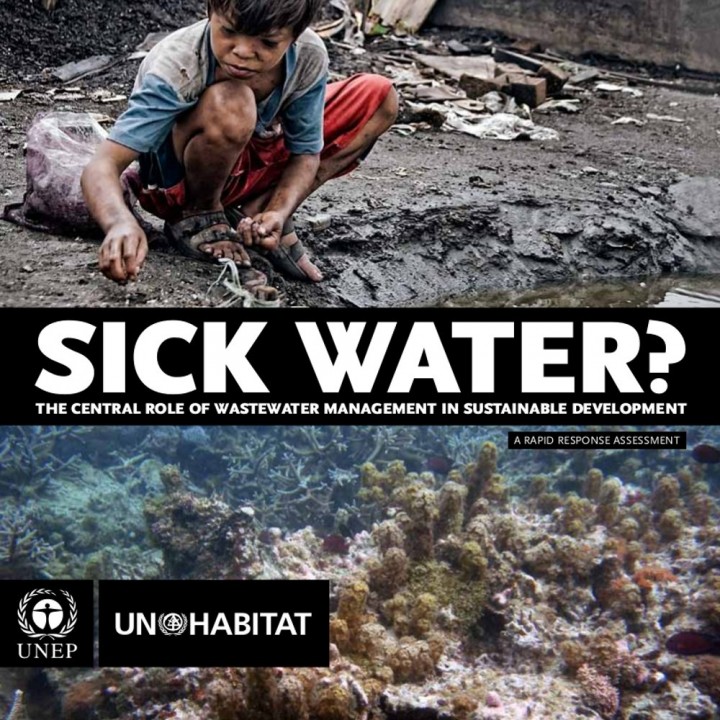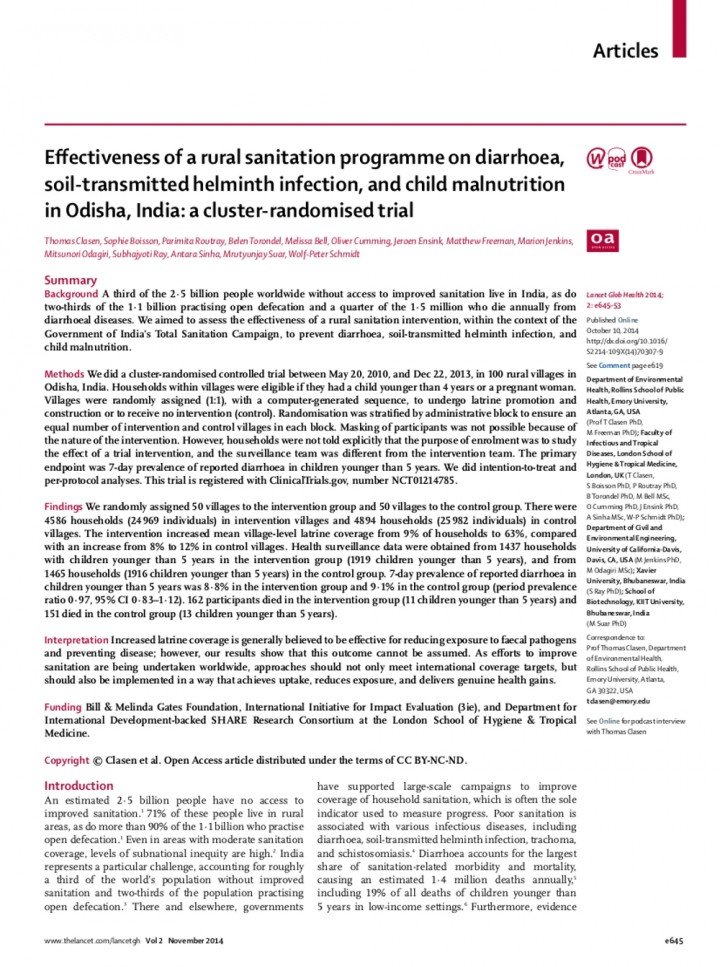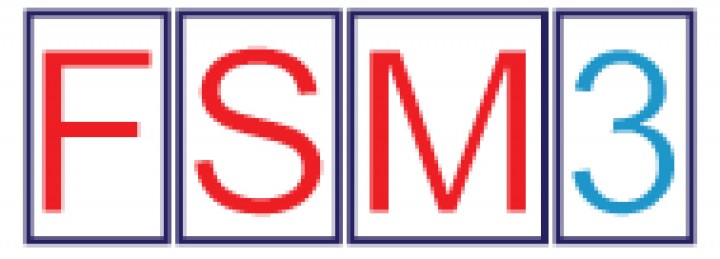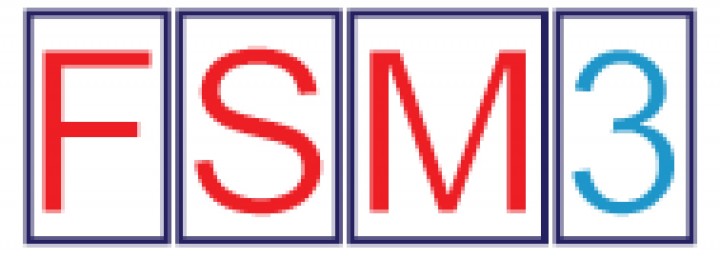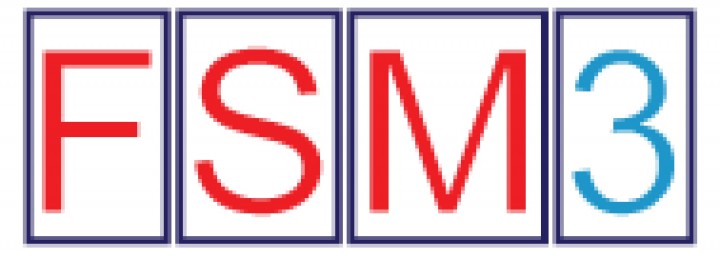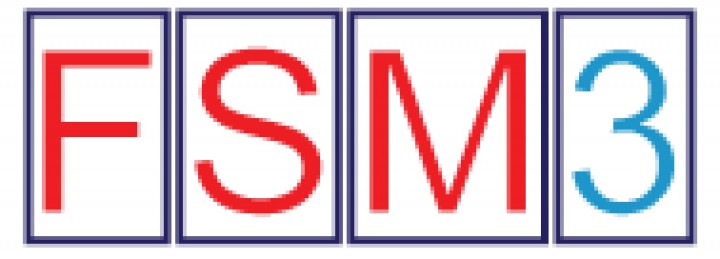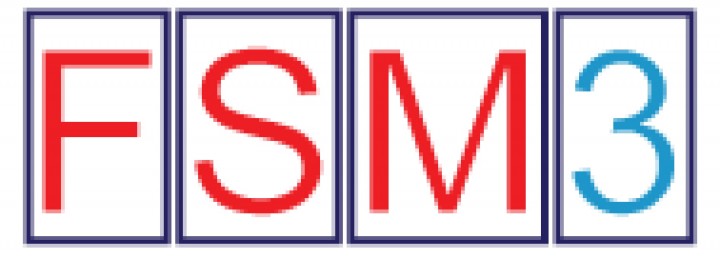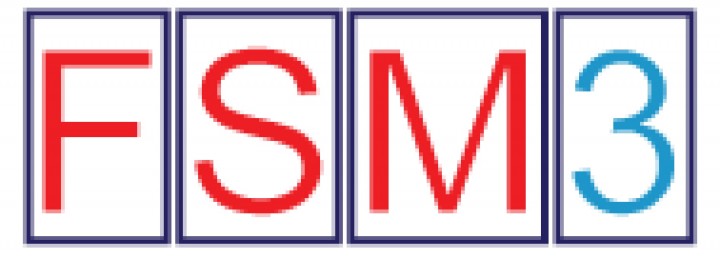Various authors (2015) Sesame Street Water: A multi-media water, sanitation and hygiene intervention for children and their caregivers in Bangladesh, India, and Nigeria Various documents on results from research grant
Mobarak et al. (2015) Does sanitation behavior migrate? Evidence from seasonal migrant workers in Bangladesh Various documents on results from research grant
Various authors (2015) Bolstering demand for improved sanitation when adoption decisions across households are inter-linked Various documents on results from research grant
Various authors (2013) AG-WATSAN Nexus: Guiding pro-poor investments in the nexus among domestic water quality and quantity, sanitation and hygiene from the bottom-up Various documents on results from research grant
This library entry contains background documents for a grant which is funded by the Bill and Melinda Gates Foundation (further information is also available on the SuSanA discussion forum, see link below). Primary contacts at lead organization: Prof. Joachim von Braun Dr. Nicolas Gerber Dr. Samantha Antonini The purpose of the project is to improve the health and nutrition status of poor people in Africa and South Asia […]
Various authors (2015) Cash on delivery for water quality testing Various documents on results from research grant
This library entry contains background documents for a grant that Ranjiv Khush is leading and which is funded by the Bill and Melinda Gates Foundation (further information is also available on the SuSanA discussion forum, see link below). The title of the grant is also known as Monitoring for Safe Water (MfSW). The aim of the project is to improve the public health outcomes of water, sanitation […]
Various authors (2015) Orissa state-level urban sanitation partnership Various documents on results from research grant
Deshusses, M. et al. (2015) Assessing odor issues and control strategies for the RTTC (Reinvent the Toilet Challenge) Various documents on results from research grant
This library entry contains background documents for a grant that Marc Deshusses is leading and which is funded by the Bill and Melinda Gates Foundation. Further Information is also available on the discussion Forum (see link below).
The Springfield Centre (2015) The Operational Guide for the Making Markets Work for the Poor (M4P) Approach 2nd edition
This operational guide was funded by Swiss Agency for Development and Cooperation (SDC) and UK Department for International Development (DFID)
Koh, H., Hegde , N., Karamchandani, A. (2014) Beyond the Pioneer Getting inclusive industries to scale
Galli, G., Nothomb , C., Baetings, E. (2014) Towards systemic change in urban sanitation IRC Working paper
Sy, J., Warner, R., Jamieson, J. (2014) Tapping the Markets Opportunities for Domestic Investments in Water and Sanitation for the Poor
Various authors (2015) Blue Diversion Autarky, a self-sustaining grid free toilet Various documents on results from research grant
Corcoran, E., et al. (2010) Sick water? The central role of wastewater management in sustainable development A rapid response assessment
Clasen, T. et al. (2015) Assessing the effectiveness of improved sanitation on diarrhoea and helminth infection: A cluster-randomized, controlled field trial In Orissa, India Various documents on results from research grant
Various authors (2015) FSM 3 Conference - Workshop 4B FSM Systems Approach for Implementation and Operation: Learning Tools for Faecal Sludge Management: Engagement with New Text Book and Curriculum
The workshop participants were divided into two groups to discuss the existing material in the new book on Faecal Sludge Management. The first group was asked to focus on the chapters dealing with the FSM Technology issues while the second group focused on the Planning and Management chapters of the book. All workshop presentations are available on http://www.susana.org/en/resources/conference-materials-2/2015/265-fsm3-ws-4b
Various authors (2015) FSM 3 Conference - Workshop 4A FSM Systems Approach for Implementation and Operation: Research into Practice: Towards standardization of FS quantification and characterization on a city-wide scale
The workshop aimed at presenting, collecting and creating knowledge on the current state of art for faecal sludge quantification and characterization with the overall goal of working towards the design and development of appropriate faecal sludge treatment technology infrastructure. Standard accepted methods for sampling, analyzing and estimating flows of faecal sludge do not exist, which contributes to the high variability of observed results. Applied laboratory […]
Various authors (2015) FSM 3 Conference - Workshop 3 FSM – Maximizing Resources Recovery
Resource recovery is important to consider before choosing a method for faecal sludge treatment and management, to ensure technologies are adequately and appropriately designed to produce resource recovery products. The workshop covered a wide range of resource recovery opportunities from faecal sludge including composting, vermicomposting, protein, fodder and plants, building materials and biofuels. The speakers are acknowledged leaders in their fields, and have been chosen […]
Various authors (2015) FSM 3 Conference - Workshop 2 Scaling-up sanitation businesses in low- and middle-income countries
Resource recovery is important to consider before choosing a method for faecal sludge treatment and management, to ensure technologies are adequately and appropriately designed to produce resource recovery products. The workshop covered a wide range of resource recovery opportunities from faecal sludge including composting, vermicomposting, protein, fodder and plants, building materials and biofuels. The speakers are acknowledged leaders in their fields, and have been chosen […]
Various authors (2015) FSM 3 Conference - Workshop 1B Planning Tools for City-wide Faecal Septage Management using Whole System Approaches
Given the critical role of septage management in supporting rapidly urbanizing cities in developing nations as a solution, the FSM3 conference provided an ideal opportunity to understand and reflect on whole system approaches. This included generating knowledge for the development of FSM planning tools and instruments and testing practical and implementable tools to advise cities in upgrading sanitation. All workshop presentations are available on http://www.susana.org/en/resources/conference-materials-2/2015/261-fsm3-ws-1b
Various authors (2015) FSM 3 Conference - Workshop 1A Diagnostic Tools and Guidelines for FSM, with a focus on Faecal Waste Tracking and Public Health
The workshop presented the overarching framework of the WSP FSM study, and focused on key diagnostic tools being developed by GIZ, Emory University and WSP. These tools are designed to: track faecal waste flows (SFDs), assess public health risks (SaniPATH) and assess economic outcomes of interventions (ESI). By using a mix of presentations, case study-based group work and open discussion, the participants became familiar with […]
